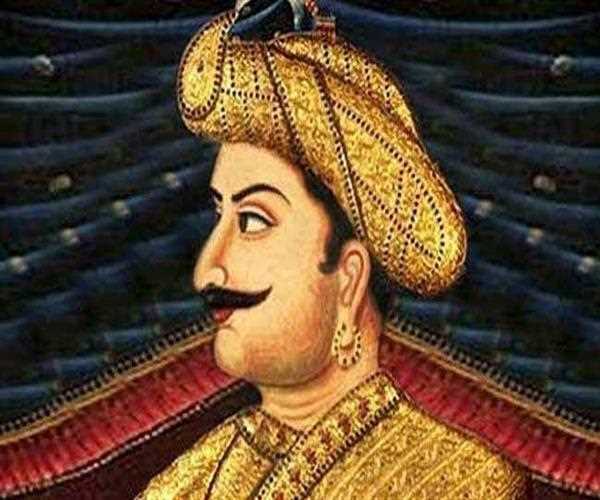The general sentiment in England thought of him as an awful dictator, while present-day Indian patriots have hailed him as a flexibility warrior, however, the two perspectives are the results of pie in the sky considering. A little, stout man with a round face and dark mustache, who wore dresses sparkling with gems, Tipu was energetic, strong, overcome, warlike and brutal; a faithful Muslim controlling a predominantly Hindu populace. He had acquired the royal position from his dad Haidar Ali, who had driven out the past Hindu administration.

Tipu used to state it was smarter to live for two days like a tiger than drag out a presence like a sheep for two hundred years. He had an exceptional adoration for tigers. His tip-top troops wore tiger identifications, the grip of his sword was as a growling tiger, and his most loved toy was a mechanical tiger straddling a British officer while the casualty screeched in dread (it is present in the Victoria and Albert Museum). Tipu was resolved to assemble a rich and intense state and he was dreaded with reason by his subjects, his neighbors, and other Indian sovereigns, who united with the British against him. He endeavored to develop a cooperation to drive the British – 'those oppressors of humankind' – out of India and interested with the French in Paris and Mauritius. In dealings with them, Tipu unrealistically wore a top of freedom and communicated his sensitivity for French Revolutionary standards.
A multitude of East India Company sepoys and mounted force was collected in Madras under General Harris with an unexpected from the Nizam of Hyderabad, and the British Thirty-Third Regiment of Foot under Mornington's more youthful sibling, Colonel Arthur Wellesley (the future Duke of Wellington). In February 1799 the request to attack Mysore came, and the diverse exhibit drudged over the fringe joined by elephants and camels, a great many things bullocks and groups of sheep and goats to give meat to the officers, and in addition crowds of camp supporters and a voyaging market offering sustenance and drink for the soldiery. Moving awkwardly in the consuming warmth, the armed force secured a territory of eighteen square miles and at best figured out how to propel ten miles.
Tipu's underlying opposition was pushed aside and the British armed force sat down around the limewashed dividers of Seringapatam which abounded with the gun. Troopers caught by the sultan's men were taken into the post and slaughtered. Nails were crashed into their heads or they were choked by Tipu's jetties, proficient strongmen– killers. Tipu sent mollifying messages to the foe leaders, planning to postpone matters until the point when the rainstorm arrived, however, they proceeded with their attack works and bombardments.
At the point when the morning of May fourth came, Tipu was informed that the signs were not auspicious. He attempted to avoid mishap by showing the Hindu ministers and Brahmins with a tote of gold, an elephant, a dark bullock and two wild owsen, a dark babysitter goat and a dark coat and cap, however futile.
The ambush was propelled not long after one o'clock by troops furnished with bamboo stepping stools for scaling the dividers. Inside minutes a British banner was planted in the rupture as the safeguards fled. Tipu himself battled dauntlessly, wearing his best, stacking and terminating black powder guns gave him by his hirelings as though he was at a donning shoot, however, the chances were excessively extraordinary. He was injured and his staff endeavored to rush him away in a palanquin, however, he was murdered for his adornments by an unidentified British fighter. As night was falling a British gathering found the sultan's body under a pile of cadavers. He was given noteworthy internment in his family sepulcher in the city.
The news of Tipu's thrashing and passing caused fervor in England and his fortune accumulate gave abundant prize cash to the British senior officers. Arthur Wellesley was placed in control in Mysore and moved into Tipu's castle, while the honored position was presented on a newborn child individual from the past Hindu administration. The Tigers were shot.